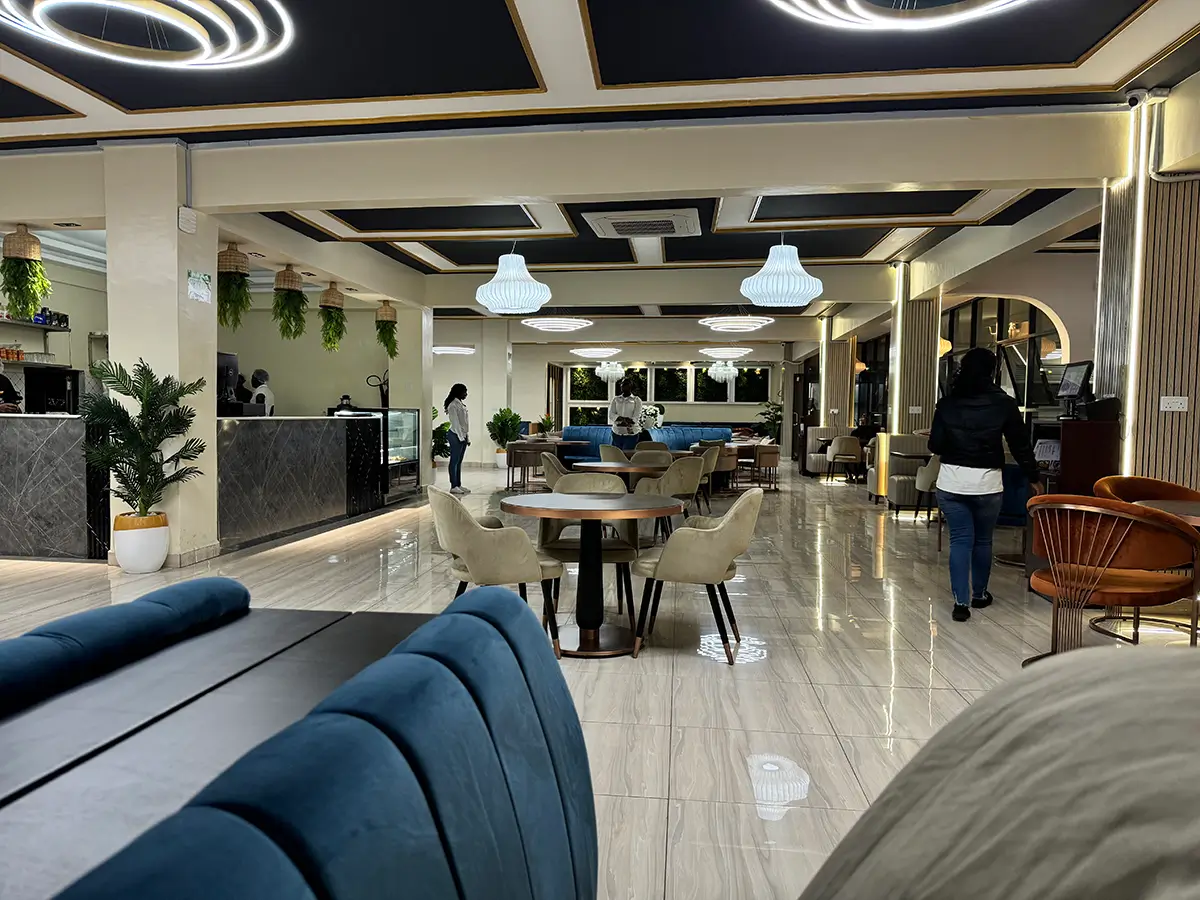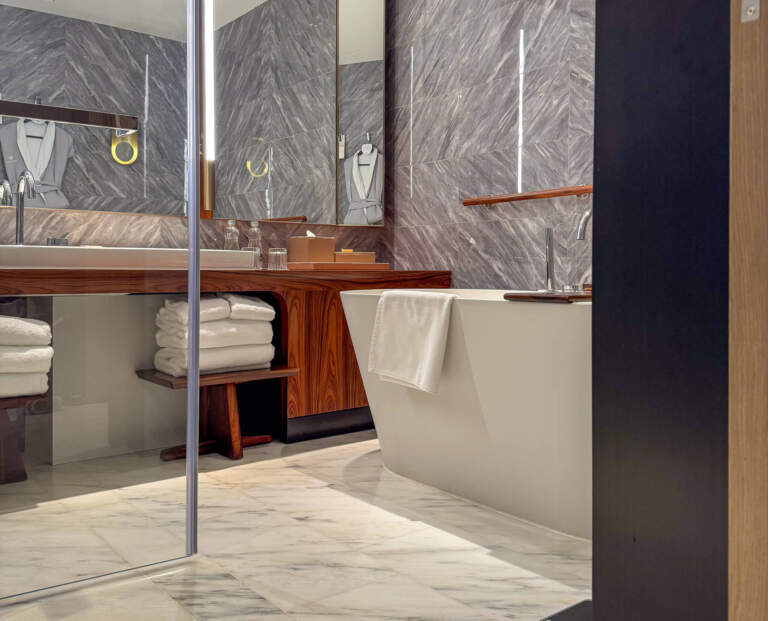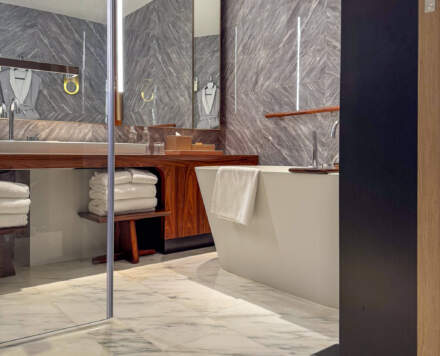Coming from London’s fast-paced coffee scene, where you place an order and receive it within 2-3 minutes, we’ve had to make quite an adjustment to Kenya’s coffee and restaurant service. Nairobi’s coffee culture is booming, with popular spots like Artcaffe and smaller, independent Nairobi coffee shops promising some of the best coffees in Nairobi. Yet, the waiting times at many Kenya restaurants often feel unreasonably long, a trend we’ve noticed and would like to share our take on.
A Cultural Shift in Service Expectations
When we first arrived, we kinda knew Nairobi was more laid back, and to be honest we liked that because we wanted to escape the rush and stressful London but we also expected a seamless service experience. After all, Kenya is known for its hospitality and rich food culture. Yet, unlike the efficiency-focused service in London, the waitstaff here seems much more relaxed — perhaps overly so. In a way, the slower pace could be seen as positive; there’s no rush, and people take time. But when you’re on a schedule, waiting too long for even simple orders can feel frustrating.
Is Laid-Back Service the Norm in Kenya?
This isn’t just a one-off observation. Almost every restaurant, whether in Nairobi or Mombasa, has left us waiting. A recent experience at Artcaffe, highlighted this trend. We were in a bit of a rush and ordered two takeaway lattes. The process was quite chaotic — the cashier called over a waiter to take our order, who then referred us back to the cashier for payment. When we asked to pay by card, they had to find another waiter to fetch the card machine. We were waiting over seven minutes for our coffee — and the place was far from busy.
We noticed the same thing in multiple branches of Artcaffe’s, from the brand in Village Market, the one in Yaya Centre to the one in BBS Mall.
The Long Wait Times at Nairobi’s Popular Spots
One of the more striking examples was a recent brunch at a new place in a mall. We ordered pancakes, two coffees, orange juice, and an English breakfast (I know, we had to). Even our coffee and juice took 15 minutes to arrive, and the entire meal took close to an hour. Surprisingly, many of the staff appeared not busy, chatting casually as orders took their time.
Why Kenya’s Service Culture Differs
Curious, we began timing orders across various Nairobi restaurants and coffee shops. From casual spots to luxury hotels, we experienced the same delays. At JW Marriott’s Hudson Tavern Bar and Grill, a 5-star venue in Nairobi we highly recommend, our steak took over 45 minutes. While a good steak does need time, we were surprised by how long even the starter took to arrive. This kind of service pattern was not something we’d noticed in over 70 countries we’ve visited. Here, the service feels almost indifferent at times.
And is not just coffees and Restaurants, supermarkets as well. The queues move exceptionally slowly, and when observed closer, we noticed that the cashiers were slow, sometimes just chit-chatting with the person meant to help pack the bags or just waiting for a supervisor. The process is not very well thought out and streamlined. Almost every time we went to Carrefour, we were standing in the queue for at least 20 minutes or sometimes longer, and we wrote a whole article about it.
Is It Just Us?
This has been our honest experience. We’ve noticed that friends who’ve recently moved to Kenya share the same experience, whereas many of our Kenyan friends view the wait times as completely normal. Perhaps it’s an unspoken part of Kenya’s laid-back charm.
We came across an article by a consulting company talking about the broken customer service and service quality in Kenya; one of their findings was low employee motivation and lack of proper training, which, in turn, contributes to poor customer service and service delays. We agree with those points; businesses in Kenya need to look at likes such as CJs, who seem to have implemented good systems for their service.
What’s your take on this? Have you encountered similar experiences in Nairobi restaurants or coffee shops? Let us know — we’d love to hear different perspectives on this aspect.













Leave a Comment